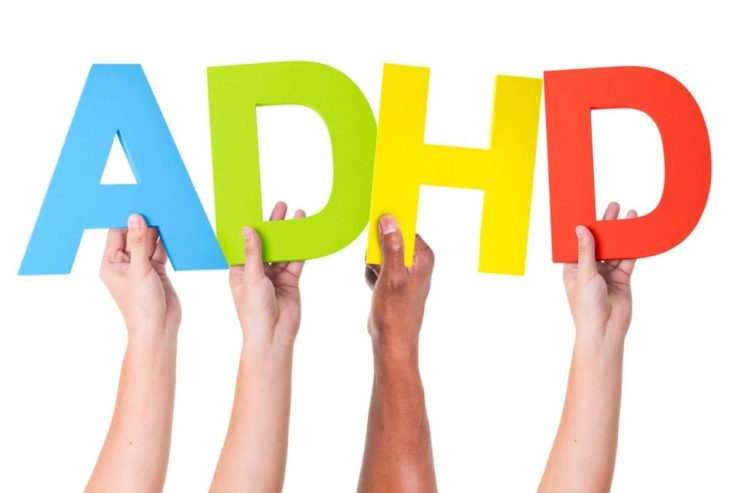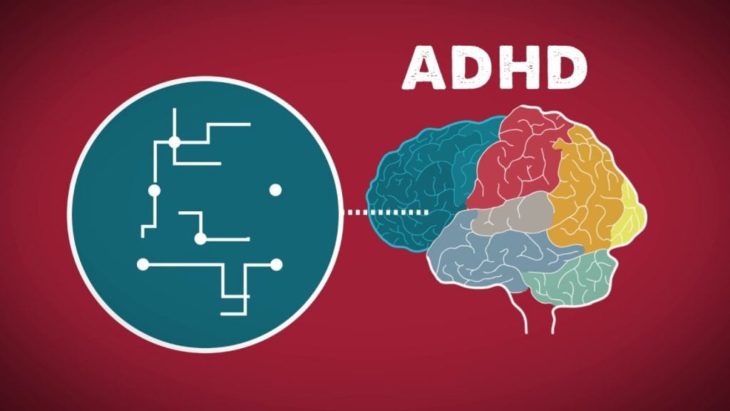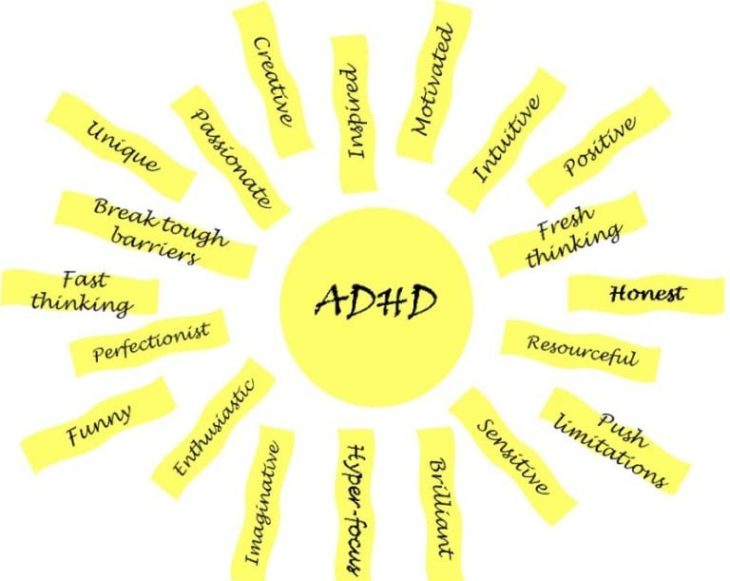ADHD stands for Attention Deficit Hyperactivity Disorder. It is a medical condition that causes the brain to develop and work differently, which results in difficulty paying attention, sitting still and maintaining self-control.
ADHD in children is not as uncommon as you may think, but it is important to have a proper diagnosis to ensure your child is receiving the needed treatment. You do not want your child to fall into the category of children who are not treated properly, and you certainly do not want them to fall into the category of children who are not diagnosed at all.
There is no harm in taking your child to a pediatrician to have them tested for ADHD. However, pediatricians should use the guidelines created by the American Psychiatric Association when evaluating and diagnosing a child. The guidelines are found in the Diagnostic and Statistical Manual of Mental Disorders, which is also known as the DSM-V. Using the guidelines created by the American Psychiatric Association helps your pediatrician to diagnose and treat ADHD accurately.
The guidelines for evaluating and diagnosing children with ADHD contain the following details.

Source: Strategic Psychology
Contents
A Professional Should Evaluate The Child
The evaluation should be done by the primary care physician. In this case, you would be taking your child to their pediatrician. According to Pediatrician Laguna Beach, tending to children takes a special kind of doctor. By going to their pediatrician first, you will not only be taking your child to someone they already know but to someone who has already become familiar with their history and health. Children who are displaying issues in areas such as behavior, academics and relationships should be evaluated for ADHD. You can talk to their teachers to find out if they are displaying any of these signs in school.
Use A Specific Criteria For Evaluation
The signs of ADHD should be present in at least two areas to evaluate and diagnose a child. A child should also have problems functioning socially and academically for at least six months. Children who fit the criteria as stated in the guidelines will be evaluated for ADHD.
Evaluate The Child For A Co-Existing Condition
There are many children who have ADHD with a co-existing condition, such as anxiety, depression, a learning disability or speech impediment. When a child is evaluated for ADHD, they should also be evaluated for a co-existing condition. This way, both conditions are diagnosed and treated.

Source: YouTube
What To Do If Your Child Is Diagnosed With ADHD
Scheduling an appointment to have your child evaluated is a good start to diagnosing and treating their ADHD. However, treatment should not stop with a visit to their pediatrician.
Pediatricians have different methods of treating ADHD, and you want to make sure your child is on a treatment plan that works for them. This is why it is recommended to schedule an appointment with a psychiatrist. Psychiatrists are trained to understand and treat ADHD in children. They know that children have different personalities and co-existing conditions. Whether your child needs medication, therapy or both, a psychiatrist can choose a treatment plan that works for them.
It is okay for a pediatrician to evaluate your child for ADHD as long as they follow the American Psychiatric Association guidelines. Think of the guidelines as an official rule book of what pediatricians need to look for when evaluating your child, from behavior and academic problems to a co-existing condition. If your child is diagnosed with ADHD, do not hesitate to ask their pediatrician to recommend a reliable psychiatrist for treatment.

Source: PechaKucha.org
Remember, the first step to having your child evaluated and diagnosed for ADHD is to schedule an appointment with their pediatrician.
